The carbon cycle through space and time
The Earth system and its biosphere are subject to continuous change. In the surface, rocks meet water, air and all forms of life. Weathering and erosion trigger huge material turnover and chemical reactions, releasing chemical elements and sediment. On land, plants are nourished with nutrients and soils can develop. In aquatic systems, algal blooms produce carbon that affects water column chemistry and carbon burial. The forces of the Earth’s interior lead to the uplift of mountains and compete with climatic forces and the influence of humans that simultaneously erode the mountains. The reciprocal interaction of a co-evolving Earth system and biosphere over more than 3.5 billion years has led to the habitable planet we can witness today. Both life and environments have left their fingerprints in sedimentary basins, in the form of organic biosignatures and metal fingerprints.
In Section 3.2 Organic and Earth Surface Geochemistry we study Earth System change over scales that span micrometers to global patterns, days to Eons, using an integrative organic/inorganic geochemical approach. Cosmogenic nuclides allow us measure the velocities of weathering and erosional processes, in view of determining the age of resulting landforms. Sedimentary organic carbon provides an archive of the past; using biomarkers, organomolecular fingerprints and stable isotopes we study the evolution of biodiversity, carbon cycle dynamics and climate change. Various stable metal isotope systems provide a glimpse of the rates and drivers of biogeochemical transformations and Earth’s redox evolution. Take a closer look at our detailled topic page.
Using inter- and multidisciplinary approaches, our research straddles the traditional boundaries of geology, biology and chemistry, and attempts to push methodological limits. Learn more about our two unique laboratory clusters: Helmholtz Laboratory for the Geochemistry of the Earth Surface - HELGES and Helmholtz Laboratory for the Geochemistry of Organic Materials — HELGOM.
Research Groups in our Section
Our research groups focus on different aspects of the biological and geological carbon cycle in a holistic Earth system evolution context. These largely include processes of storage, preservation and transformation of biomass and organic matter (OM) in sediments (WG H.M. Schulz), paleoclimatology and the interaction of microbial communities with OM in different ecosystems, especially in extreme habitats (WG K. Mangelsdorf), paleobiology and the study of different biosignatures to trace ecosystem evolution (WG C. Hallmann) and the use of state-of-the-art high-resolution mass spectrometry to investigate detailed lipidomic signatures and intramolecular isotope patterns in lipids (WG S. Pötz).
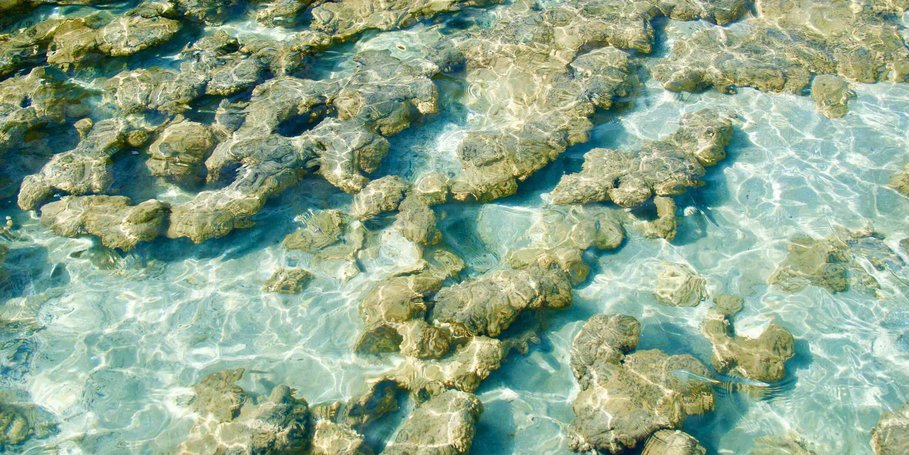


![[Translate to English:] Probenahme im nordwestlichen Südafrika](/fileadmin/_processed_/0/b/csm_P1280664_Verena_fc909d3f3f.jpeg)
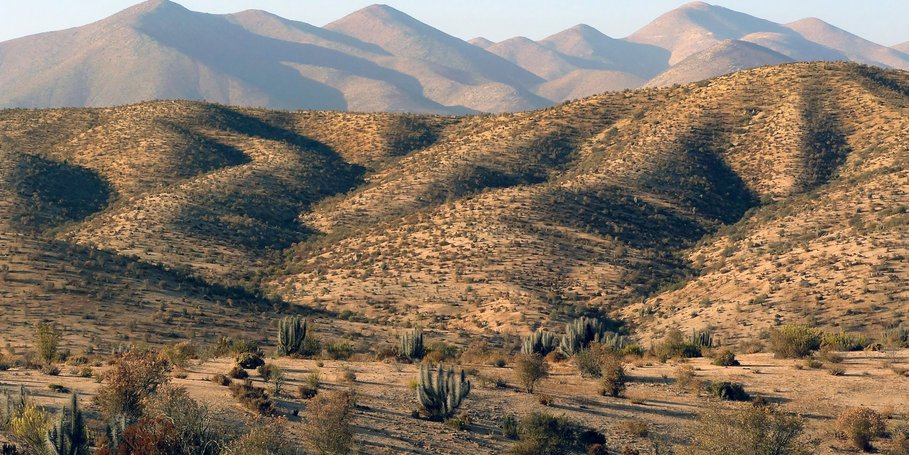
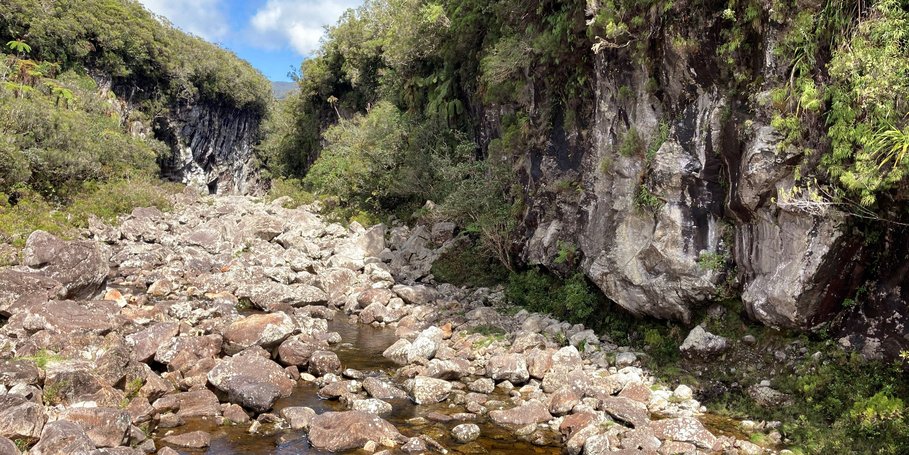
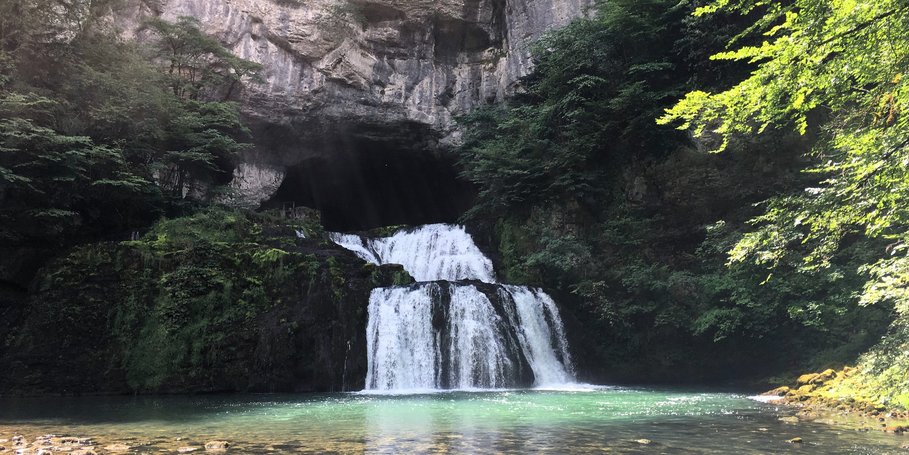
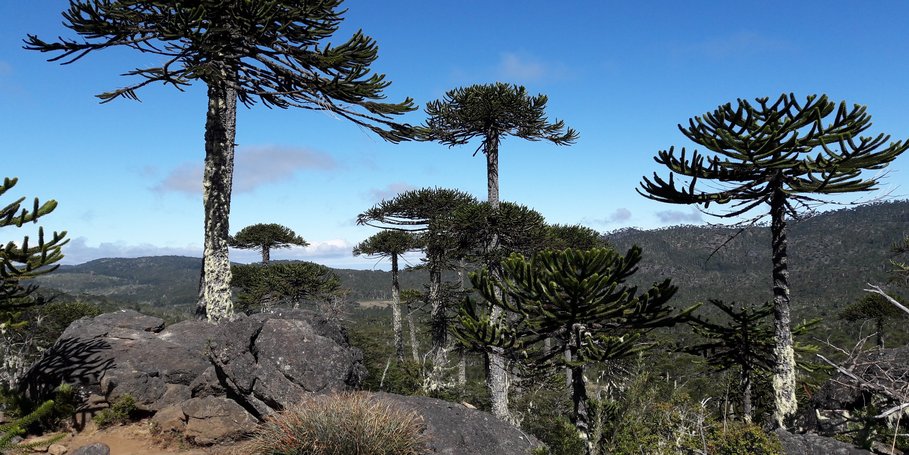
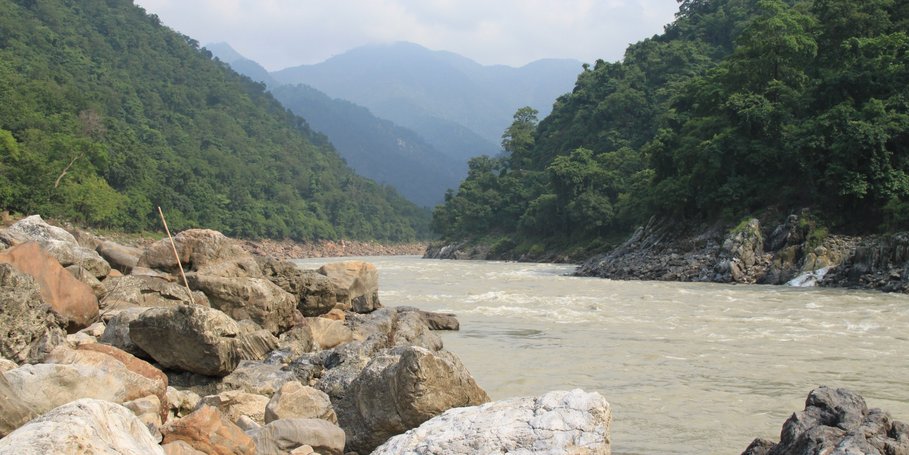
![[Translate to English:] Picture of ancient Archean stromatolites](/fileadmin/_processed_/1/f/csm_Theme_2_e1c2da02fb.jpeg)

![[Translate to English:] Photograph of Mount Bruce, Australia](/fileadmin/_processed_/e/a/csm_Theme_3_5d5db9cd8c.jpeg)













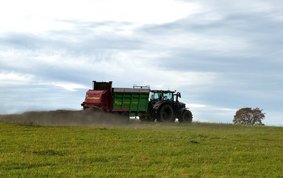
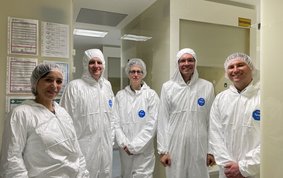

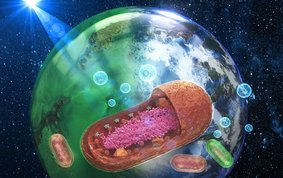

![[Translate to English:] eucaryotes](/fileadmin/_processed_/1/3/csm_ANU_RSES_eukaryote_20230508Community_of_stem_group_eukaryotes_on_microbial_mat_-__056-1024x1024_1c9735a7b8.jpeg)

